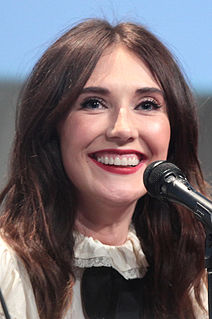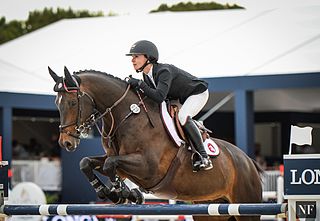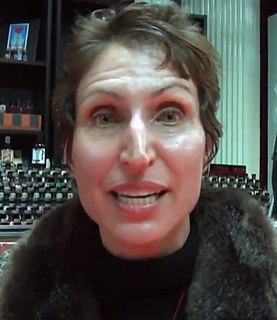A Quote by Chinua Achebe
I tell my students, it's not difficult to identify with somebody like yourself, somebody next door who looks like you. What's more difficult is to identify with someone you don't see, who's very far away, who's a different color, who eats a different kind of food. When you begin to do that then literature is really performing its wonders.
Related Quotes
Once you allow yourself to identify with the people in a story, then you might begin to see yourself in that story even if on the surface it's far removed from your situation. This is what I try to tell my students: this is one great thing that literature can do - it can make us identify with situations and people far away.
One of the defining things about my career on camera is I like to play different characters. That gets difficult to do. People don't trust you to do something different. In animation, it's all about trust and how far can you go away from yourself. It's a really marvelous environment that's extremely creative.
I definitely write about things that are universal, that everyone can identify with. You're supposed to write about things you're passionate about and I guess I am a foodie. I do love food and it's kind of like I'm an eccentric observationalist guy. To make it kind of universal, I try a lot of different things. When I first started writing this, I was like, 'No food.' Then, you know, it just always goes there.
You can't own a human being. You can't lose what you don't own. Suppose you did own him. Could you really love somebody who was absolutely nobody without you? You really want somebody like that? Somebody who falls apart when you walk out the door? You don't, do you? And neither does he. You're turning over your whole life to him. Your whole life, girl. And if it means so little to you that you can just give it away, hand it to him, then why should it mean any more to him? He can't value you more than you value yourself.
For me, I don't really feel like I have any particular main influences or artists that I pull from; it's more of an underlying effect of such a big range of music that I love and I identify with - and all of that plays into what I do in minimal ways. I just really try to make music that reflects my identify, which is hard to pin down and is a lot of different things. I strive to make music that is hard to describe and meshes a lot of different genres, with the vocals being the thing that ties it all together.





































